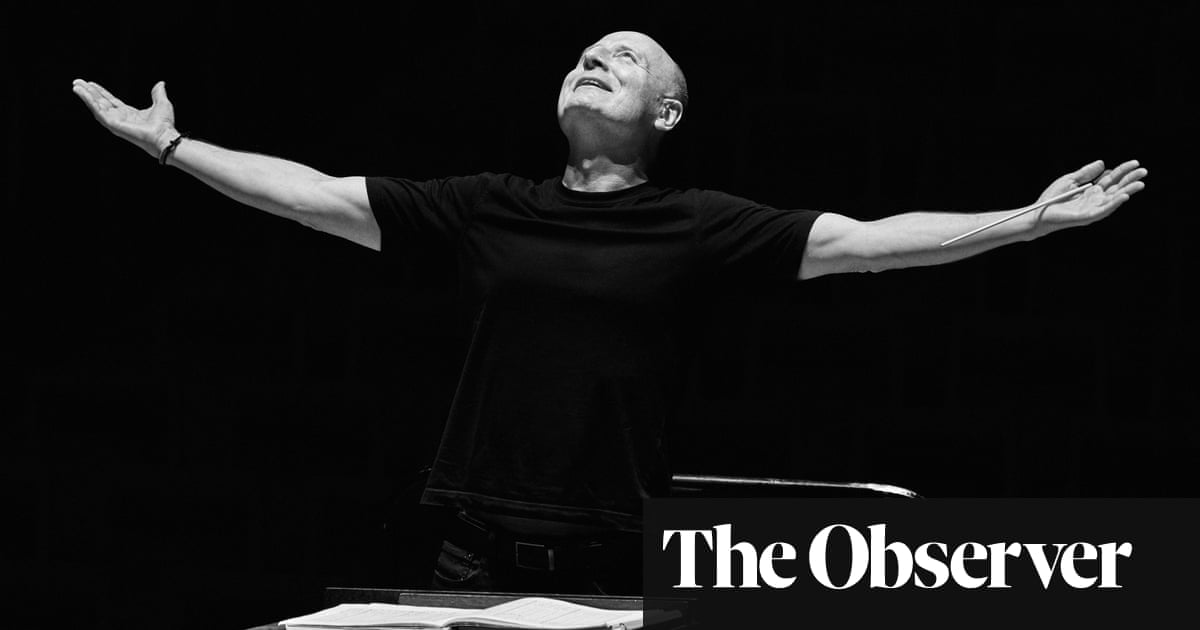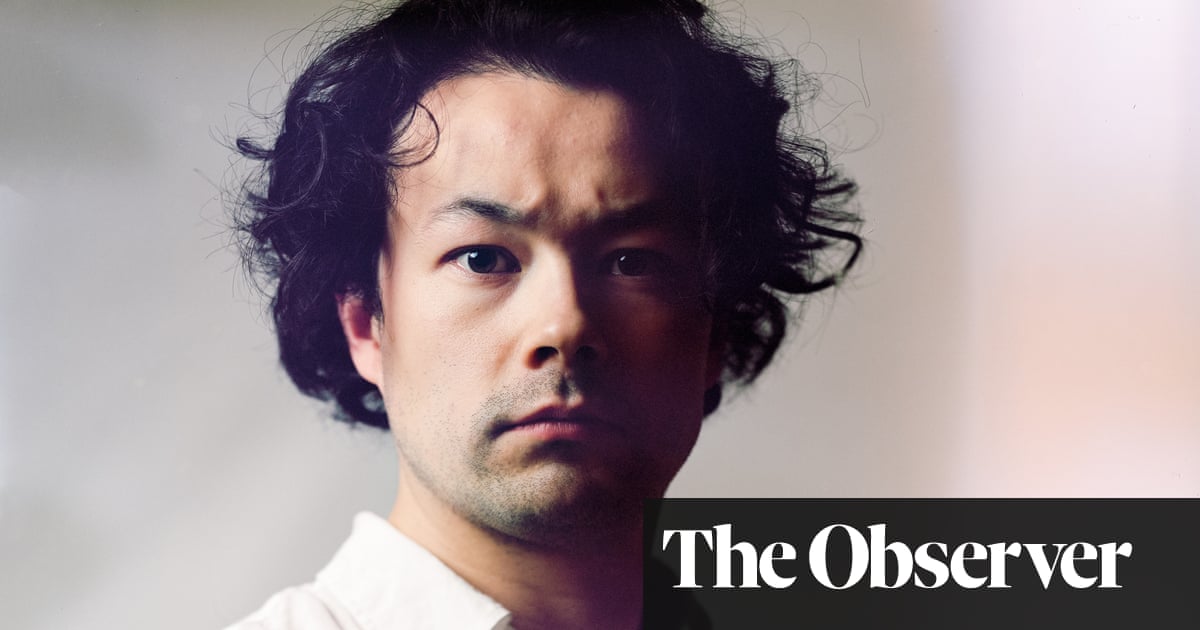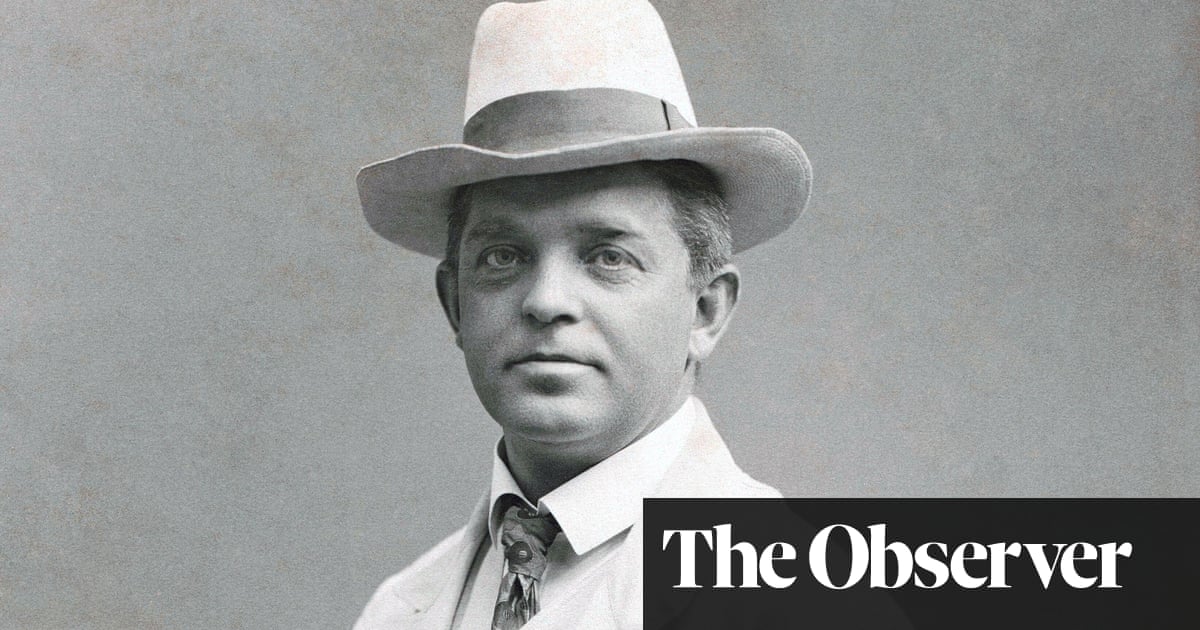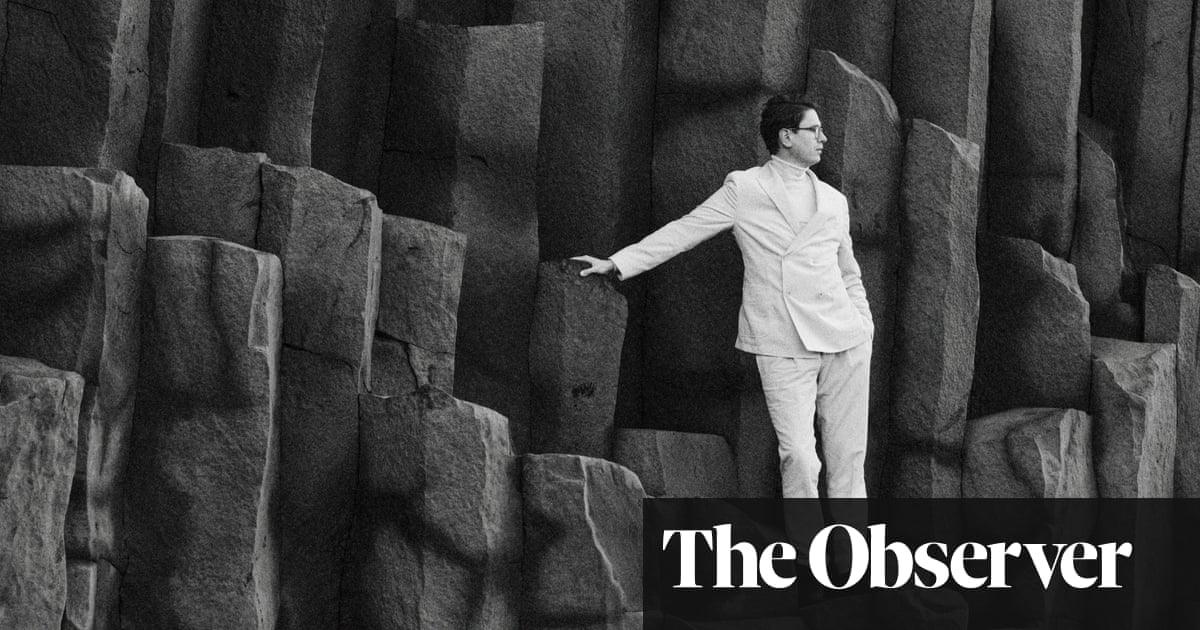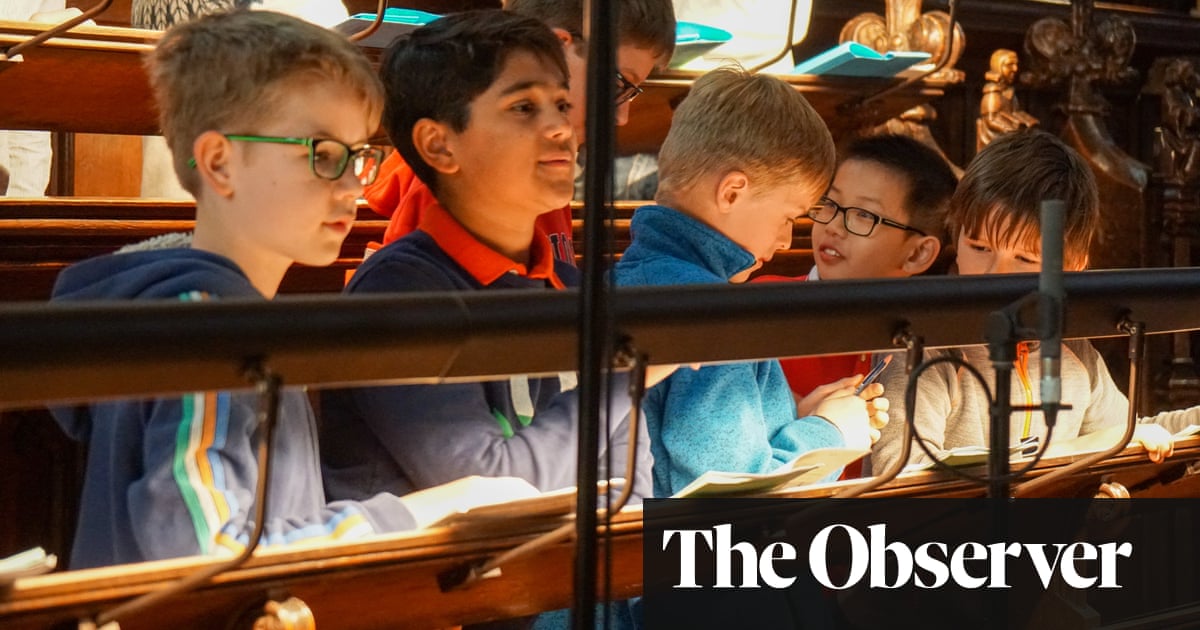
Mozart wrote his first symphony at the age of eight when, already a renowned prodigy, he was on a visit to London as part of a European tour. While perhaps not a masterpiece, it has vim and flair. He completed the last, No 41 in C major, K551 “Jupiter”, in 1788, three years before his death at the age of 35. The first of a new series of Mozart symphonies on disc, The Beginning and the End (Aparté), includes both works, played by the period instrument group Il Pomo d’Oro. Maxim Emelyanychev, best known in the UK as principal conductor of the Scottish Chamber Orchestra, conducts these effervescent, brisk performances, with fleet string figures and ripe, punchy woodwind. He is also the soloist, playing fortepiano, in Mozart’s pIano concerto No 3 in A major, K488 (interesting to compare with the revivified – in abeyance for years – complete Mozart piano concerto cycle with fortepianist Robert Levin and the Academy of Ancient Music). If you prefer a more opulent sound for Mozart, this won’t be for you. I found it engrossing.
As director of the choir of St John’s College, Cambridge, Andrew Nethsingha – now organist and master of the choristers at Westminster Abbey – turned an already first-class choir into an exemplary, adventurous ensemble. The more than two dozen discs they recorded together during his 15-year tenure have strong thematic shape (as well as, in their elegant black packaging, a unifying visual identity). In Magnificat 3 (Signum), their third disc of evening canticles, the choir sings settings of the liturgically paired Magnificat and Nunc Dimittis. Composers include Charles Villiers Stanford, George Dyson and Herbert Howells, as well as those currently working: Bryan Kelly (b.1934) and Philip Moore (b.1943).
Reading the booklet notes, it becomes clear that the choices, like the composers themselves, are interlinked. These contrasting works, embracing solo writing and full-bodied, lavish textures, give the choir the chance to display their warm sound and versatility. They do, wholeheartedly.
In the third and last episode of The Silent Musician: An Orchestra’s True Colours, in which conductor Ben Gernon opens our ears to the possibilities in performance that different conductors create, he explores the pleasures and pitfalls of working without a conductor. Sunday, Radio 3, 11pm/BBC Sounds.




